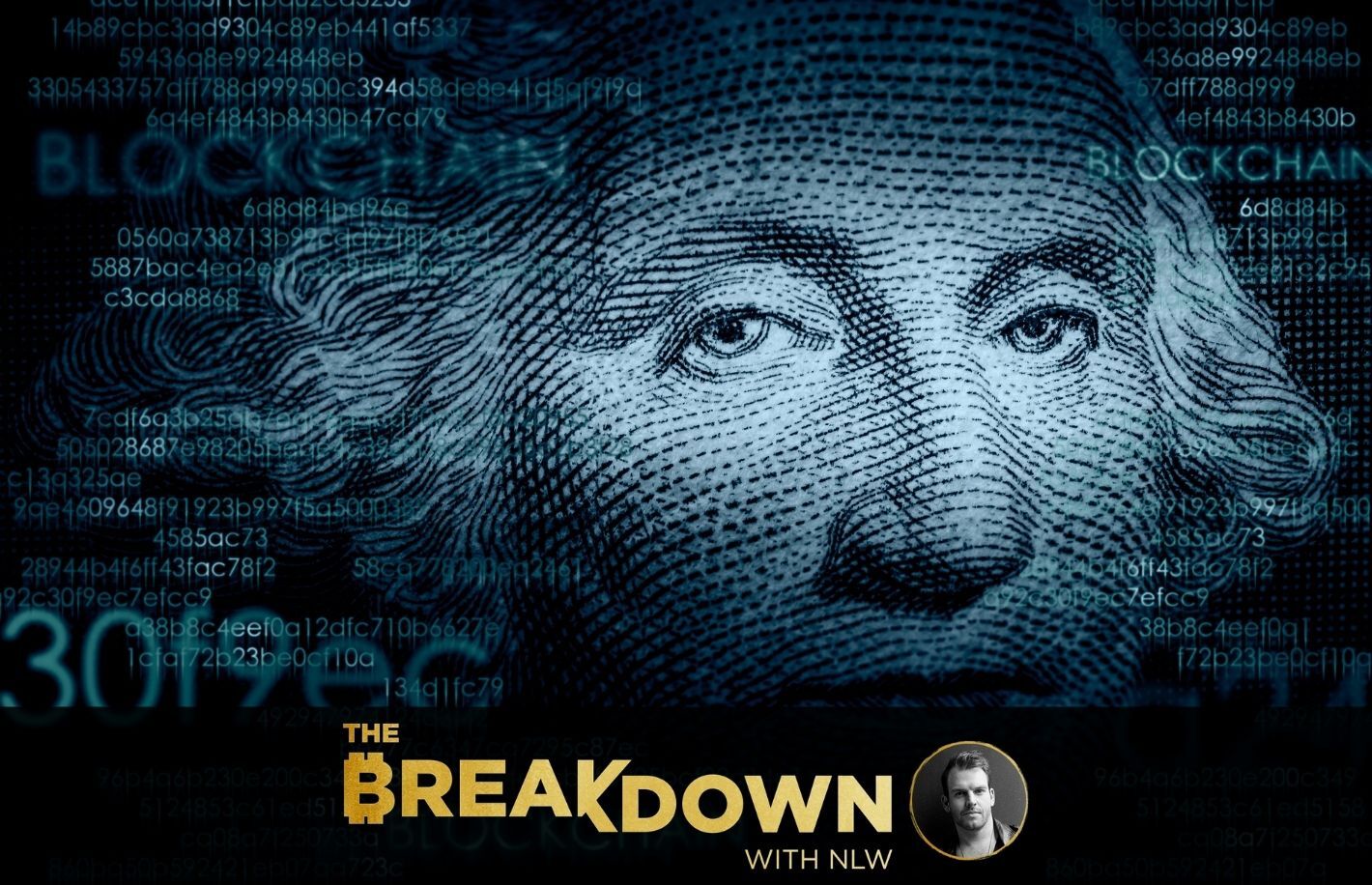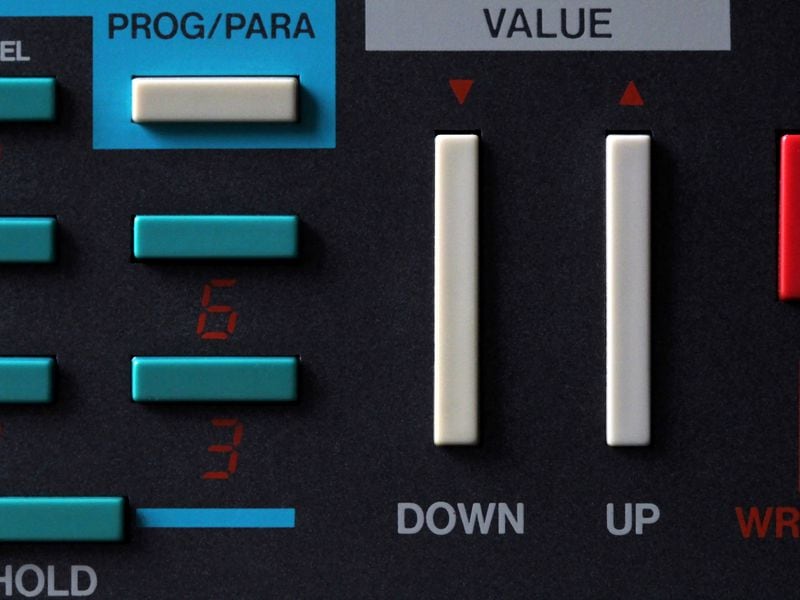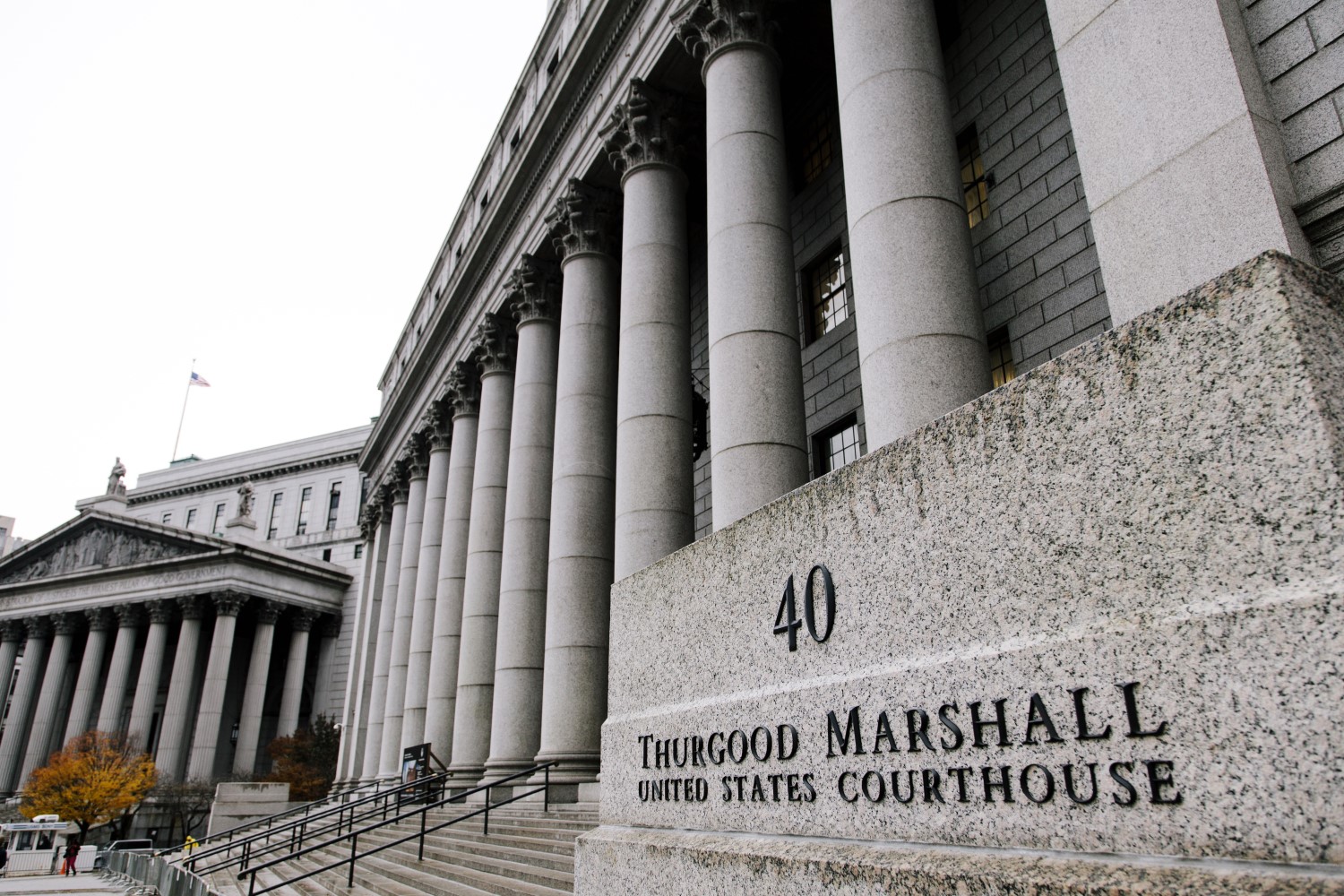House Stimulus Bills Envision ‘Digital Dollar’ to Ease Coronavirus Recession
House Democrats have suggested using a “digital dollar” in two different bills aimed at bolstering individuals during the COVID-19 crisis. (Image via mark reinstein / Shutterstock)
House Stimulus Bills Envision ‘Digital Dollar’ to Ease Coronavirus Recession
Proposed legislation meant to shore up the U.S. economy during the coronavirus pandemic includes a recommendation to create a digital dollar.
This virtual greenback would help individuals and families survive the shutdown of businesses and series of “shelter-in-place” orders which resulted in skyrocketing unemployment claims and a potential severe recession.
Under the draft bills shared last week, dubbed the “Take Responsibility for Workers and Families Act” and the “Financial Protections and Assistance for America’s Consumers, States, Businesses, and Vulnerable Populations Act,” the Federal Reserve – the nation’s central bank – could use a “digital dollar” and digital wallets to send payments to “qualified individuals,” consisting of $1,000 for minors and $2,000 to legal adults.
Both bills employ identical language around the digital dollar suggestion.
“The term ‘digital dollar’ shall mean a balance expressed as a dollar value consisting of digital ledger entries that are recorded as liabilities in the accounts of any Federal Reserve bank; or an electronic unit of value, redeemable by an eligible financial institution (as determined by the Board of Governors of the Federal Reserve System),” the bills read.
The Fed would likewise be in charge of the digital wallets, maintaining them for recipients.
Neither bill indicates that the program would use a decentralized ledger or any sort of cryptocurrency project. However, digitizing the dollar in general is seen by many influential figures as a necessity for the U.S., with former Commodity Futures Trading Commission J. Christopher Giancarlo and economist Judy Shelton – who U.S. President Donald Trump has nominated to the Fed board – both claiming the nation may lose its financial hegemony if it fails to do so.
Fed member banks can also maintain something called a “pass-through digital dollar wallet,” according to the draft bills, and recipients would receive “a pro rata share of a pooled reserve balance” held by the member.
The bill follows Representative Rashida Tlaib’s (D-Minn.) unveiling of the “Automatic BOOST to Communities Act,” which would provide any individual in the nation a pre-loaded debit card. The card would initially hold $2,000 and be given an additional $1,000 until one year after the COVID-19 pandemic is contained.
Under Tlaib’s bill, the U.S. Mint would issue two $1 trillion platinum coins, which the Fed would purchase using credit.
“The Treasury Secretary would ‘sweep’ the newly created reserve funds from the Mint’s account to the regular Treasury General Account,” the bill reads. These funds would then be disbursed to U.S. residents through the program.
“In the long term, the card infrastructure should be converted into a permanent, Treasury-administered digital public currency wallet system, to serve as a privacy-respecting ‘eCash’ complement to universal Fed Accounts and/or Postal Bank Accounts for All,” the bill reads.
The Democratic bills come as the Republican-led Senate remains in limbo over its own bill to stimulate the economy. Democrats have now blocked the Republican spending bill twice, arguing a $500 billion program grants the Treasury Department too much discretion and little transparency over how the funds would be disbursed to corporations.
The U.S. stock market closed lower again Monday, with the Dow down nearly 600 points. According to The Street, the Dow is on track to see its worst month since 1931.
Daniel Nelson contributed reporting.
Disclosure Read More
The leader in blockchain news, CoinDesk is a media outlet that strives for the highest journalistic standards and abides by a strict set of editorial policies. CoinDesk is an independent operating subsidiary of Digital Currency Group, which invests in cryptocurrencies and blockchain startups.








